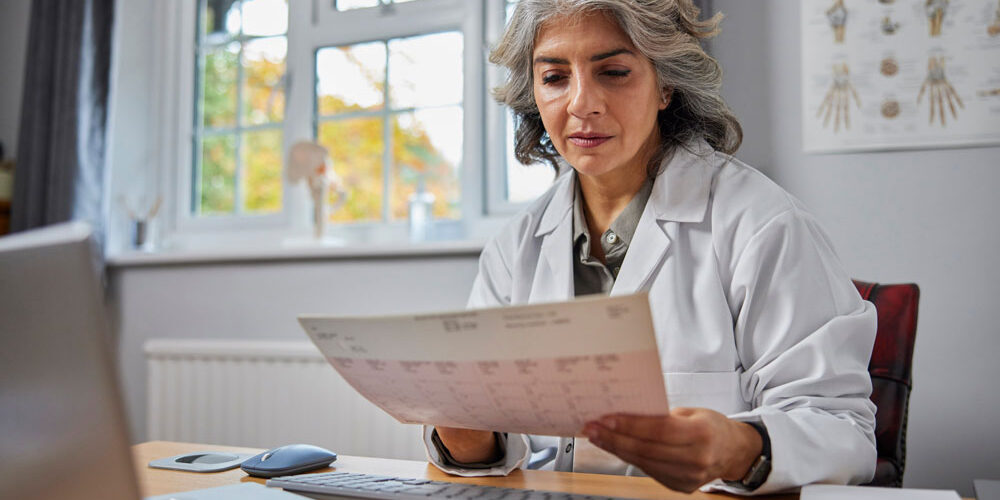Undertaking self-auditing is crucial for doctors in their practices for several reasons. Self-auditing refers to evaluating one’s work to ensure that it meets the required standards, and it involves reviewing medical records, patient care, and clinical outcomes. The importance of self-auditing for doctors includes:
Improved Patient Care: Self-auditing helps doctors identify areas where patient care could be improved. By reviewing their work, doctors can identify patterns or issues that may negatively impact patient care and take corrective action to address them.
Compliance with Regulations: Self-auditing can help doctors ensure that they are complying with relevant regulations, such as those related to patient privacy, record-keeping, and billing. By identifying areas where they may be falling short of these standards, doctors can take corrective action to ensure compliance.
Professional Development: Self-auditing can be essential to a doctor’s professional development. By reviewing their work, doctors can identify areas where they need to improve their skills or knowledge and take steps to address them. This can help them provide better patient care and advance in their careers.
Risk Management: Self-auditing can help doctors identify potential risks in their practice, such as issues related to patient safety, malpractice claims, or non-compliance with regulations. By identifying these risks early, doctors can take action to address them before they become more significant problems.
Improved Practice Management: Self-auditing can also help doctors improve their practice management. By reviewing their work, doctors can identify areas where they can streamline processes or improve efficiency, leading to better patient care and more successful practice.







